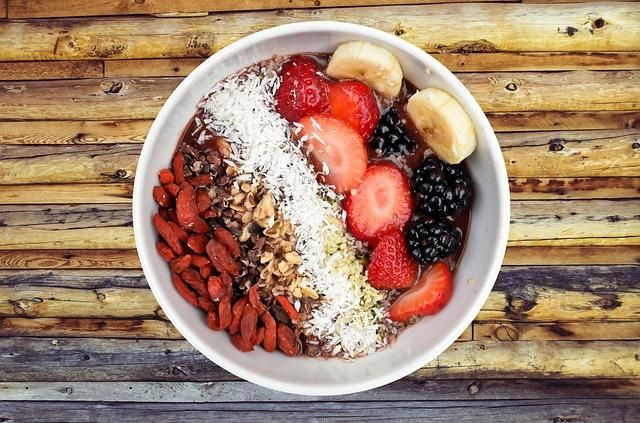4 Foods That Boost Gut Health

Every time we eat breakfast, lunch, or dinner, we're feeding ourselves and the trillions of bacteria, viruses, and fungi that live on or inside of us. They form our gut microbiome, which performs a variety of functions like breaking down food the body can't digest. Many factors affect our microbiome, including our diet, which is one of the leading influences on gut health.
In TED-Ed's video, "How the food you eat affects your gut," host Shilpa Ravella explains we can manipulate the balance of our microbes, and promote good digestive health, by paying attention to what we eat. Dietary fiber from foods like fruits, vegetables, nuts, legumes, and whole grains is considered the best fuel for gut bacteria. Fiber produces short chain fatty acids that nourish the gut barrier, improve immune function, and help prevent inflammation, which reduces the risk of cancer. Therefore, the more fiber we digest, the more fiber-digesting bacteria colonizes in our gut.
A low-fiber diet, mainly comprised of processed foods, means there’s less fuel for gut bacteria, which means they will starve until they die. This leads to less bacterial diversity, and prompts hungry bacteria to start to feed on the mucus lining. For example, foods high in dietary fat, including whole milk and sugar-sweetened sodas, are linked to decreased bacterial diversity.
Paying attention to how we prepare food can help introduce our gut to good bacteria, also known as probiotics. Fermented foods, such as kimchi, sauerkraut, tempeh, and kombucha are filled with probiotic bacteria, like lactobacillus and bifidobacteria. They promote good bacteria and healthy digestion by "predigesting" certain food components to make it easier for our gut to handle, and for nutrients to be absorbed when we eat them.
More research is needed to understand how any of these foods interact with our microbiomes. However, it's difficult to make observations inside the gut. Therefore, we need to fill up on fiber, fresh, and fermented foods, to keep our gut going strong.
Copyright Medical Daily News Service. All rights reserved.





















